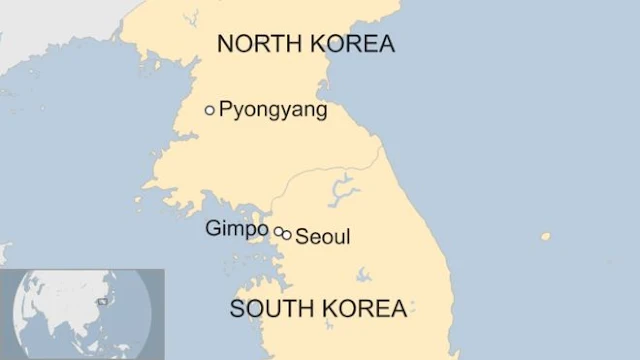Government staff have been drafted in to bolster the official response to the Grenfell Tower disaster in west London.
The move follows widespread criticism of the local council's performance.
Residents
condemned the relief effort as "absolute chaos" and complained that
Kensington and Chelsea Council had provided little support or
information.
The council said it would cooperate "in full" with
the government's inquiry into the fire, in which at least 58 people are
believed to have died.
Many have been left homeless by the massive fire that engulfed the 24-storey block of flats on Wednesday.
Police fear the number of the dead could increase. The BBC understands the death toll could rise to about 70 people in total.
As part of the new move by the government, a team of civil servants has been embedded into the council office.
Other
measures outlined by the prime minister following a meeting with
residents on Saturday, included more staff covering phone lines and
ground staff wearing high-visibility clothing so they could be easily
found.
At the scene
By BBC reporter, Mark Lobel
The residents here are now telling us the volunteers are at breaking point.
There are expected to be government civil servants down here, on the ground, helping out.
Whether
they are in hi-vis jackets or whether they are meant to be replacing
the volunteers, there has been no sign of them so far.
I've been
speaking to residents, speaking to people who've been here all morning,
I've been speaking to the police and they haven't noticed a change yet.
Questions
continue to be asked about why the fire spread so quickly, with some
suggesting new cladding fitted during a recent refurbishment could have
been to blame.
Chancellor Philip Hammond said a criminal
investigation would examine whether building regulations had been
breached when the block was overhauled.
The public inquiry set up
by the government following the tragedy would also examine if rules had
been broken, he told BBC's Andrew Marr Show.
Asked whether the government had revised building regulations, as
recommended by a coroner, following another deadly fire in south London
tower block in 2009, Mr Hammond said the government had responded "correctly and appropriately" to the recommendations.
He said if the public inquiry found something needed to be done to make buildings safe, it would be done, he added.
Asked
about his council's poor response, leader Nicholas Paget-Brown said
staff were "working closely" with the government, charities, volunteer
and resident groups and the emergency services to help re-house and
assist those affected.
"People rightly have questions about the causes of the fire and why it spread so quickly and these will be answered," he said.
Labour
leader Jeremy Corbyn told ITV's Peston on Sunday that the council
seemed to "lack the resources to deal with a crisis of this magnitude",
despite being the country's "wealthiest borough".
'Suspicion'
Meanwhile,
Labour MP David Lammy, whose friend Khadija Saye is among the dead, has
called for urgent action to make sure all documents relating to the
refurbishment and management of the Grenfell Tower fire are protected.
After speaking to residents, he said: "Suspicion of a cover-up is rising.
"We
need to make sure that the emails, minutes of meetings, correspondence
with contractors, safety assessments, specifications and reports are not
destroyed," he added.
Theresa May has also come in for a barrage of criticism over her own response to the disaster.
On
Friday, she was jeered on a visit to the North Kensington estate, and
protesters marching on Friday and Saturday called for her resignation.
First Secretary of State Damian Green defended the prime minister, saying she was as "distraught as we all are".
So far in the investigation:
- Six victims have been provisionally identified by police
-
Three have been named so far, including Syrian refugee Mohammed Alhajali, 23, five-year-old Isaac Shawo, and artist Khadija Saye
- Of those killed, one died in hospital
- Eighteen people remain in hospital, nine in critical care
- A criminal investigation has been launched
- The government has committed £5m for clothes, food and emergency supplies for the victims
- UK councils are carrying out urgent reviews of their tower blocks, the Local Government Association says
- A British Red Cross appeal is launched to raise money for those affected
- The emergency number for people concerned about friends and family is 0800 0961 233
The fire broke out at the tower block, which contained 120 one and two-bedroom flats, shortly before 01:00 BST on Wednesday.
It tore through all floors of the building and took more than 200 firefighters 24 hours to bring under control.
Two
neighbouring Tube lines are partly suspended until 14:00 BST on Sunday
amid safety concerns of debris falling on to the tracks.
The
Hammersmith and City Line has been suspended between Edgware Road and
Hammersmith, and the Circle Line is also closed, Transport for London
said.
BBC NEWS















